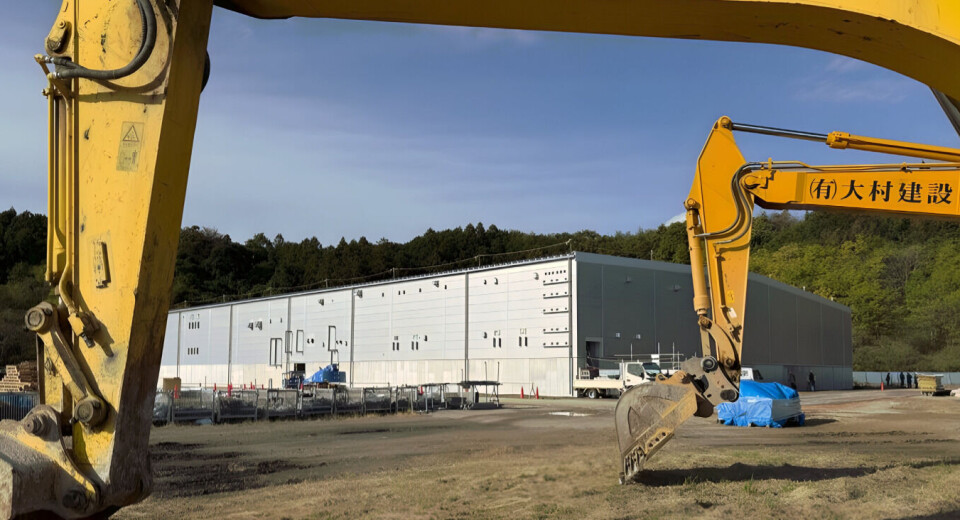
Going big in Japan: 8F raises £368m for 10,000t salmon RAS and tech subsidiary
Land-based salmon farming investor 8F Asset Management has announced the successful closure of a US $460 million (£368m) fundraise for the ongoing construction and operations of its Soul of Japan 10,000-tonnes-per-year salmon farm in Tsu City, Japan, and recirculating aquaculture systems (RAS) provider Pure Salmon Technology, owned by 8F’s Pure Salmon Group.
The private equity firm said the funding milestone includes the first close of the 8F Aquaculture Fund Japan I LP, along with JPY33 billion (£167.6 million / US $209.5m) in long-term debt financing from a syndicate of Japanese banks, led by Sumitomo Mitsui Banking Corporation.
8F wrote in a post on LinkedIn that the majority of the equity will be allocated towards the Japan facility, which is focused on providing sustainable, locally produced protein. It added that with work already under way, the project is set to make a significant impact on Japan’s food systems and environmental sustainability.
First harvest in 2027
Construction of Soul of Japan’s land-based Atlantic salmon farming facility is progressing well, said 8F, with first harvest scheduled for mid-2027.
The facility is located on a 13.7-hectare site in Tsu City, the capital of Mie Prefecture. The vertically integrated farming and processing facility will produce Atlantic salmon for human consumption, as well as pet nutrition made from salmon offcuts. 8F said that by employing land-based RAS technology, the facility minimises environmental impact while providing a local production model that reduces carbon footprint.
“This successful close is another significant milestone towards our goal of supplying the world with clean, healthy, locally produced protein,” said Stephane Farouze, chairman and founder of 8F and Pure Salmon. “The strong support from our investors, including the addition of new Japanese investors, underscores the growing need for innovative solutions to improve the sustainability of our food systems and meet the rising protein demand in Japan.”

